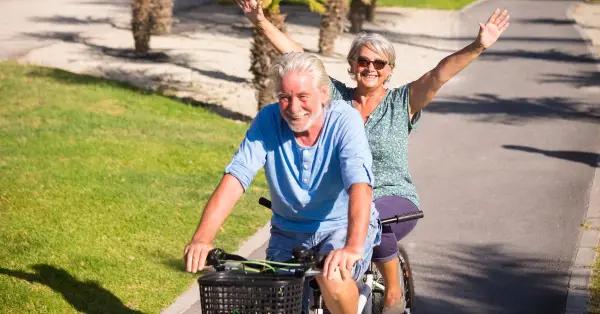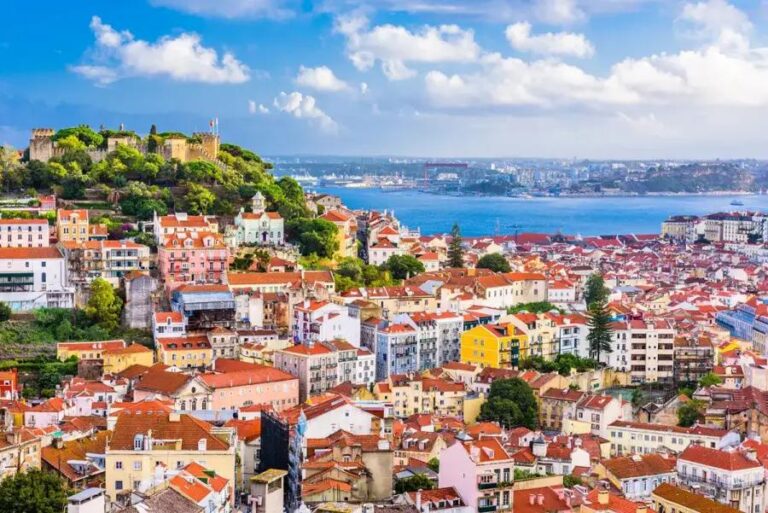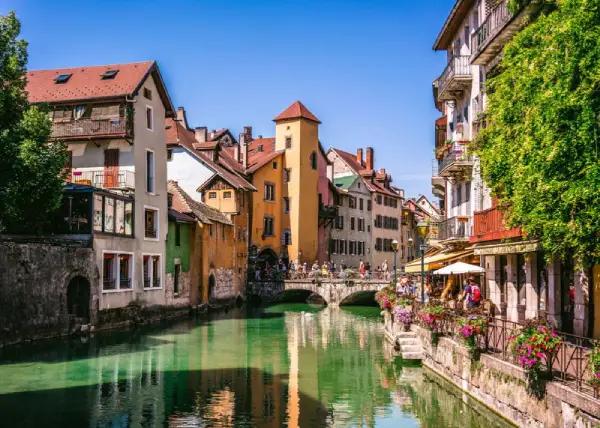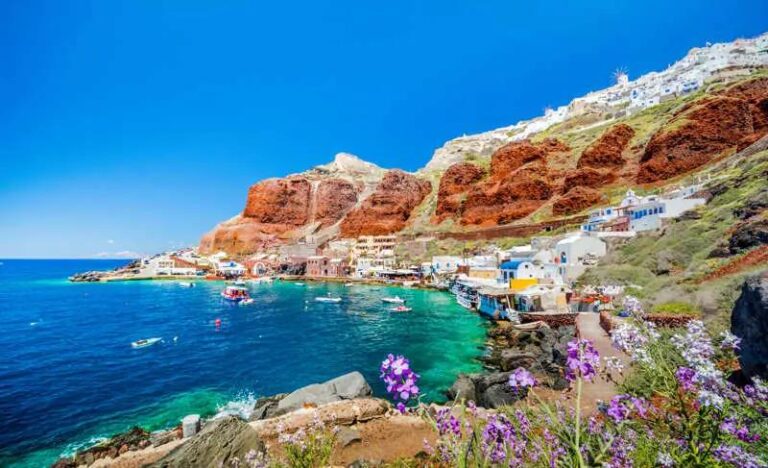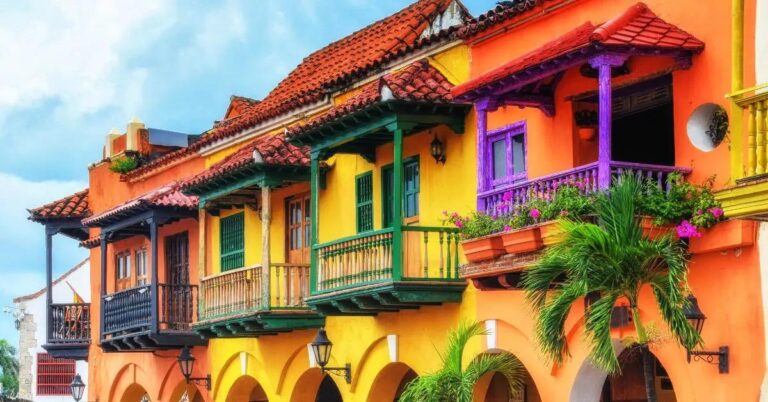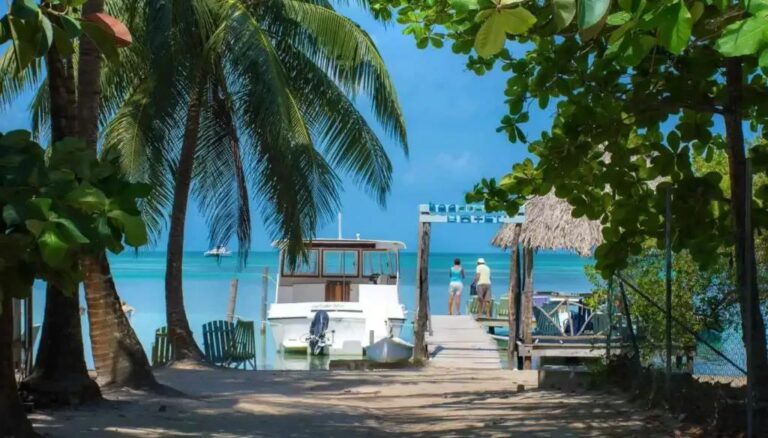TL;DR:
Housing Costs:
- Renting: Panama City (1-bed $700, 2-bed $1,200); Boquete/Coronado (1-bed $500, 2-bed $800).
- Buying: Panama City ($150,000-$250,000); Boquete/Coronado ($120,000-$200,000).
- Maintenance: Condos $100-$200 monthly; property taxes ~1%.
Monthly Expenses:
- Utilities & Internet: $200-$225.
- Groceries: ~$300.
- Transportation: Public transport cheap; car fuel $3/gal, insurance $250-$500/year.
- Dining Out: $100-$150.
- Entertainment: $100-$150.
- Living Costs: $1,500-$2,000/month on pension; more with other incomes.
Healthcare:
- Affordable, quality care; Pensionado Visa for US citizens.
- Insurance: ~$100/month.
- Medical Visits: Specialist $50, surgeries cheaper than US.
- Dental: Cleaning $40; meds affordable.
Best Places to Retire:
- Boquete: Affordable, cool climate, limited healthcare.
- Coronado: Beach living, pricier housing.
- Panama City: Urban life, top-notch healthcare, higher costs.
Financial Management:
- Local bank account to save on fees.
- Strategic budgeting: cut costs, manage banking and exchange rates.
- Utilize Pensionado Visa for discounts.
Thinking about retiring in Panama? Let’s dive into the cost of living. From affordable housing options to daily expenses, I’ll break down everything you need to know. Whether you’re curious about renting versus buying or what monthly expenses to expect, I’ve got you covered. Panama offers great value for retirees. Let’s explore how to make your dream retirement a reality in this vibrant country. Ready to start your adventure?
What is the Cost of Housing for Retirees in Panama?
When thinking about retiring in Panama, housing costs are top of mind. Both renting and buying are viable options, each with its pros and cons.
Renting vs Buying
If you choose to rent, you’ll find various affordable options. Renting is flexible and reduces long-term commitment. On the other hand, buying offers stability and investment potential. Note both require thorough research and planning.
Renting Costs by Location
Renting costs vary across Panama. In Panama City, the average rent for a one-bedroom apartment is around $700 per month. For a two-bedroom, expect to pay about $1,200 monthly. Boquete and Coronado offer more budget-friendly options. Average rents hover around $500 for one-bedroom apartments and $800 for two-bedrooms.
Buying Property
Buying property can be a smart financial move. However, upfront costs include the purchase price, legal fees, and transfer taxes. On average, a modest home in Panama City can cost between $150,000 and $250,000. In Boquete and Coronado, properties can range from $120,000 to $200,000.
Maintenance and Property Taxes
Don’t forget maintenance and property taxes. Maintenance costs depend on the property type. A condo might have HOA fees, averaging $100 to $200 monthly. Property taxes in Panama are quite low. They can be as little as 1% of the home’s value annually.
Finding Affordable Housing
To find affordable housing, consider using local real estate agents or online portals. Websites and forums dedicated to expats are also helpful. Expat communities, like gated communities, offer excellent amenities and security, appealing to retirees.
Expat Housing Communities
Expat housing communities can provide added benefits, easing the transition. These communities offer well-maintained properties, social activities, and sometimes include maintenance services. For more details, you can check the Living in Panama Guide.
Retiring in Panama offers diverse housing options. Whether renting or buying, there’s something for every budget.
How Much Do Monthly Expenses for Retirees in Panama Usually Cost?
Monthly expenses for retirees in Panama vary, but here’s a breakdown to give you a clear idea.
Utilities, internet, and cable costs:
Expect to pay around $150 each month for utilities, including electricity, water, and gas. High-speed internet and cable TV combined might run you about $50 to $75 monthly. In rural regions, utilities could be less, while in urban zones, costs can rise.
Grocery costs and local market prices:
Groceries are affordable if you shop smart. Local markets are your best friend for fresh produce. A retiree grocery bill could average around $300 each month. Imported goods are pricier, so sticking to local products can save money.
Transportation costs:
Public transportation is incredibly cheap. Buses cost around 25 cents, and taxis are also reasonable. Many retirees find they don’t need a car. If you do have a car, fuel costs about $3 per gallon, and yearly insurance might be around $250 to $500.
Cost of dining out:
Dining out is affordable, especially at local restaurants. You might spend $5 to $10 for a meal in a modest eatery. Fancier places can run $15 to $30 per person. Retirees enjoying a couple of meals out each week might budget $100 to $150 monthly.
Entertainment expenses:
Entertainment varies by taste. Movies cost around $6 per ticket, and local events are often free or inexpensive. A gym membership might cost $30 monthly. Overall, retirees could budget around $100 to $150 monthly for leisure activities.
Comparison of living on a pension vs. other income sources:
Living on a pension is very doable here. Many retirees live comfortably on $1,500 to $2,000 monthly. If you have other income sources like investments, your lifestyle could be even more luxurious. Balancing your budget based on fixed income or fluctuating earnings will influence how you spend.
Retiring in Panama can offer a relaxed and affordable life. By knowing your expat living expenses in Panama, you can budget effectively and enjoy your golden years without financial stress.
What Are the Healthcare Costs for Retirees in Panama?
The healthcare system in Panama is both excellent and affordable. Most expats are amazed by the quality and the low cost of medical care. Even the public hospitals offer high standards, often on par with care in North America.
Can a US citizen retire in Panama? Yes, a US citizen can retire in Panama. The Pensionado Visa is a great way to gain residency. With this visa, retirees get many benefits, including discounts on medical services. More details on this can be found here.
How much does health insurance cost? Private health insurance in Panama costs much less than in the US. Plans can start at about $100 per month, depending on age and coverage. Many expats choose a mix of private insurance for emergencies and public hospitals for routine care.
What about medical visits, treatments, and surgeries? Medical visits are very affordable. A visit to a specialist might cost $50. Major surgeries are also far more affordable than in the US. For instance, heart surgery might cost $20,000, compared to over $100,000 in the US.
Are healthcare services affordable? Yes, Panama is known for affordable healthcare. Doctors are well-trained and the care is top-notch. Many expats move here just for the cost-effective healthcare services.
What about dental care and prescriptions? Dental care is much cheaper, but quality. A dental cleaning costs around $40. Prescription medications are also cheaper. Many drugs are available over the counter without a prescription.
What is medical tourism like in Panama? Medical tourism is growing. People come for complex surgeries, dental work, and cosmetic procedures. The costs are lower, and the care is exceptional.
Can you access emergency services? Yes, Panama has modern emergency services. Most hospitals have high-tech equipment. Ambulance services are professional and quick.
What Are the Best Places to Retire in Panama?
When considering retiring in Panama, you will find several appealing spots. Among the best places to retire in Panama, I would highlight Boquete, Coronado, and Panama City. Each of these destinations offers unique benefits and different lifestyles suited to retirees.
Boquete is a small town known for its cooler climate. It sits in the Chiriquí Highlands and has stunning views. Boquete has a strong expatriate community, making it easy to find new friends. Housing here is more affordable than in many other regions, and the fresh, local produce keeps food costs low. However, medical facilities are limited, and you might need to travel for specialized healthcare.
Coronado is a beach town and offers an entirely different lifestyle. If you enjoy coastal living, Coronado could be your ideal spot. It’s close to Panama City but has a more relaxed vibe. The cost of living in Coronado is higher due to its popularity and premium location. Houses and rentals can be on the pricier side, but many expats find the beach environment worth it.
Panama City mixes both city and waterfront living. It’s perfect for those who enjoy a vibrant urban lifestyle. You will find top-notch healthcare facilities, diverse restaurants, and plenty of entertainment options. Panama City is more expensive than other areas, particularly when it comes to housing. High-rise apartments in secure buildings are popular among retirees. However, the city’s energy and amenities attract many.
Safety is another vital factor. Boquete is generally safe, but it’s still wise to be cautious, especially at night. Coronado is secure, with gated communities often providing extra safety. Panama City has areas with higher crime rates, but sticking to well-known neighborhoods, especially if you’re a retiree, is advisable.
Many retirees in Panama benefit from the Pensionado Visa, which offers discounts on various services. This visa can significantly reduce costs, making your retirement more affordable.
In summary, whether you prefer mountains, beach, or city life, Panama offers a versatile range of retirement options to suit your lifestyle and budget.
How Can Retirees Manage Their Finances and Budget in Panama?
First, let’s talk about setting up banking and managing finances. You need a local bank account. This helps you save on exchange fees. Check out banking for retirees in Panama. Fees can vary between banks, so ask about monthly fees and transaction costs.
Cost-effective financial planning strategies are vital. Create a clear budget. This helps you track spending and find where you can cut costs. Dining out less and using local markets for groceries can also save money.
Living on Social Security or other fixed income is possible. Panama offers a Pensionado Visa for retirees. This visa gives discounts on various services like healthcare and entertainment. These discounts help your money go further.
Budgeting for unexpected expenses is crucial. Always set aside a portion of your income for emergencies. Healthcare or urgent trips can cost a lot. Having a budget ensures you are covered when surprised.
Managing banking fees and local transactions needs smart choices. Only use ATMs connected to your bank to avoid extra fees. Many retirees also suggest keeping some cash on hand for small purchases.
Exchange rates impact the cost of living. Keep an eye on these rates. Changes can increase your expenses. Transfer money only when rates are favorable. This saves money over time.
Utilizing retiree discounts and benefits can save money. The Pensionado Visa offers many perks. Finding deals on travel, dining, and healthcare becomes easier. Always ask about discounts when paying for services.
With precise financial planning, you can enjoy a cost-effective retirement in Panama.
Conclusion
Living in Panama offers retirees many options. Housing, from renting to buying, varies by region. Monthly costs, including utilities, groceries, and entertainment, are affordable. Healthcare is high-quality and cost-effective. Top retirement spots like Boquete and Panama City provide diverse lifestyles. Financial planning and budgeting are crucial for a smooth retirement. Panama’s retiree benefits and communities make it an attractive choice. Understanding these topics helps retirees make informed decisions. Enjoy your new adventure in Panama; it’s a wonderful place to retire!

